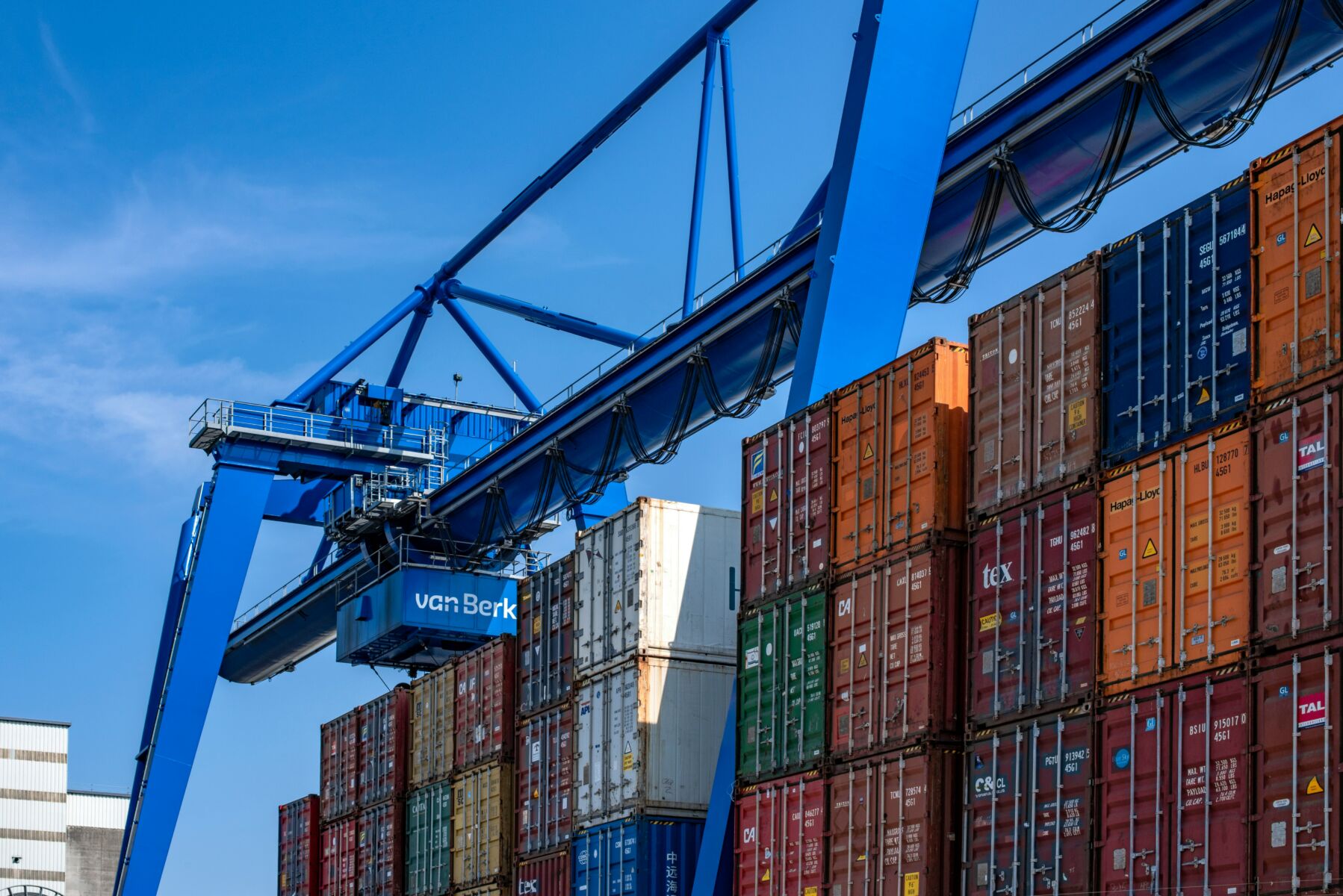Thailand boosts export defences amid global recession fears

The Government of Thailand ramped up efforts to counter potential impacts on exports amid concerns of a looming global recession driven by US economic uncertainties. Commerce Minister Phumtham Wechayachai highlighted the continuous monitoring of the US economic landscape, expressing worries about a possible recession that could ripple through global markets.
“The government will not let Thai businesses and consumers be disadvantaged or affected. We’re not just looking at the impact from the US alone, but the entire global situation.
“We have been coordinating and meeting with small, medium-sized, and large entrepreneurs to help them adapt to global changes. The ministry is seeking solutions and will provide updates on its progress.”
The Commerce Ministry is preparing for possible repercussions, acknowledging that the political and economic climates, conflicts, and the evolving world order present challenges to exports. Efforts to systematically manage responses to these changes are ongoing.
Phumtham also addressed concerns about e-commerce companies entering the Thai market, potentially affecting local businesses. He noted the ministry’s awareness of this issue but stressed that the shift towards online commerce in the global trade system is natural and ongoing. These concerns remain speculative and require further observation.
The Commerce Ministry plans to convene economic agencies, including the Industry Ministry and the Public Health Ministry, to discuss import-export standards. The discussions will focus on industrial and Food and Drug Administration standards, aiming to control and prevent issues or amend any obstructive laws without violating World Trade Organisation agreements.
Global recession
Prime Minister Srettha Thavisin, following a weekly Cabinet meeting, noted his close monitoring of the global economic situation. He believes concerns are currently driving the situation more than actual conditions and expressed confidence in the US’ economic stimulus measures.
“Yesterday morning, I observed the stock market conditions and saw that it had rebounded somewhat from Monday’s decline. Similarly, Japan’s Nikkei index had also recovered in the morning.”
Addressing the influx of cheap Chinese products, the 62 year old prime minister mentioned instructing the Ministry of Commerce to closely monitor and manage the issue.
Kriengkrai Thiennukul, Chairman of the Federation of Thai Industries (FTI), warned of potential adverse effects on Thai exporters and manufacturers if the US economy enters a recession. He noted that the export sector would be the first to feel the impact, followed by manufacturers already struggling with sluggish sales and lack of new orders.
“The export sector will be the first to be affected by this new crisis, followed by manufacturers. Factories are already facing sluggish sales, with no new orders for their products.”
The Thai Industries Sentiment Index dropped to 87.2 points in June, marking the lowest level in two years as the nation grapples with economic recovery challenges and higher operating costs for small and medium-sized enterprises. This decline resulted from sluggish sales, lower purchase orders, and decreased manufacturing amid a slow economic recovery and weak consumer purchasing power.
Investor concerns over a potential US recession also contributed to falling stock indexes in many countries on August 5, affecting economic confidence and impacting the Thai stock market, reported Bangkok Post.
Kriengkrai also pointed to worries about escalating tensions between Iran and Israel, potentially worsening geopolitical conflicts and further straining the global economy.
Latest Thailand News
Follow The Thaiger on Google News:


























